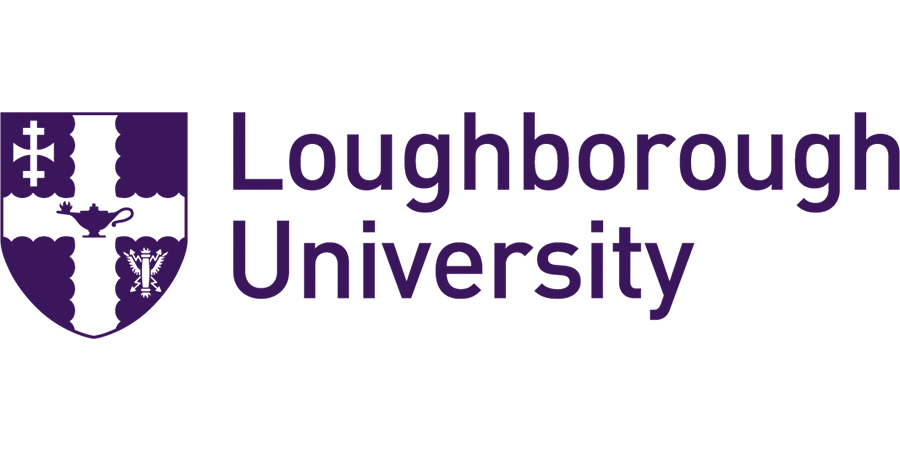PhD Studentship: Exploring Organisational Sustainability and The Interplay Between Economic, Social and Environmental Logics Within Not-for-profit Sport Organisations
Loughborough University - School of Sport, Exercise and Health Sciences
| Qualification Type: | PhD |
|---|---|
| Location: | Loughborough |
| Funding for: | UK Students, EU Students, International Students |
| Funding amount: | £19,237 per annum |
| Hours: | Full Time |
| Placed On: | 11th December 2024 |
|---|---|
| Closes: | 10th March 2025 |
| Reference: | SSEHS/MD25 |
The Not-for-Profit (NFP) sporting eco-system including community sports clubs, governing bodies, and sporting events are central to delivering health and well-being, social and personal impacts that have been valued between £45 billion and £85 billion in England (Davies et al., 2019; Sport England, 2020; Harris et al., 2009; May et al., 2013). Despite their important contribution to health and wellbeing, creating vibrant and inclusive communities, and tackling climate change, these organisations have been subject to significant economic, social and environmental pressures that threaten their ability to operate and ultimately survive.
This project investigates the broader organisational sustainability of the sporting ecosystem, including international and national governing bodies, active partnerships, clubs and non-traditional service providers such as charities, trusts and other third-sector organisations, to deliver sustainability policies and priorities. The approach recognises that sport organisations face inherent trade-offs and tensions between these often-competing objectives and that without organisational sustainability, environmental sustainability (i.e. tackling climate change and achieving net zero) is not possible.
This project will employ a mixed methods approach to empirically investigate the nature and interplay of sport sustainability as competing economic, social and environmental institutional pressures and institutional logics and within not-for-profit sport organisations. Qualitative data will be gathered through semi-structured interviews and document analysis to provide an in-depth understanding and insights into the decision-making processes that influence how these logics play out within practice. Quantitative data will also be collected, through a system-wide questionnaire with support from partners (see below), to identify broader patterns and trends across the sector.
Primary supervisor: Mathew Dowling
Secondary supervisor: Paul Downward
Entry requirements:
Applicants must have, or expect to have, at least a 2:1 honours degree (or international equivalent) with a UK master's degree (with average programme mark of no less than 65%) or international equivalent. A background in sport management or policy, management studies or sociology would be an advantage.
English language requirements
Applicants must meet the minimum English language requirements. Further details are available on the International website (http://www.lboro.ac.uk/international/applicants/english/).
Funding information:
The studentship is for 3 years and provides a tax-free stipend of £19,237 per annum for the duration of the studentship plus university tuition fees.
All applications should be made online via the above ‘Apply’ button. Under programme name, select the School of Sport, Exercise, Health Sciences. Please quote the advertised reference number: SSEHS/MD25 in your application.
To avoid delays in processing your application, please ensure that you submit the minimum supporting documents.
The following selection criteria will be used by academic schools to help them make a decision on your application.
Advert information
Type / Role:
Subject Area(s):
Location(s):









